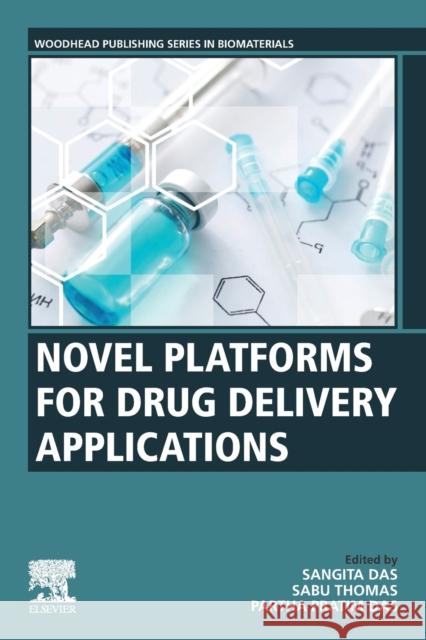Novel Platforms for Drug Delivery Applications » książka
topmenu
Novel Platforms for Drug Delivery Applications
ISBN-13: 9780323913768 / Angielski / Miękka / 2022
Kategorie:
Kategorie BISAC:
Wydawca:
Woodhead Publishing
Seria wydawnicza:
Język:
Angielski
ISBN-13:
9780323913768
Rok wydania:
2022
Numer serii:
000904752
Oprawa:
Miękka
Wolumenów:
01
Dodatkowe informacje:
Bibliografia
Wydanie ilustrowane
Wydanie ilustrowane











